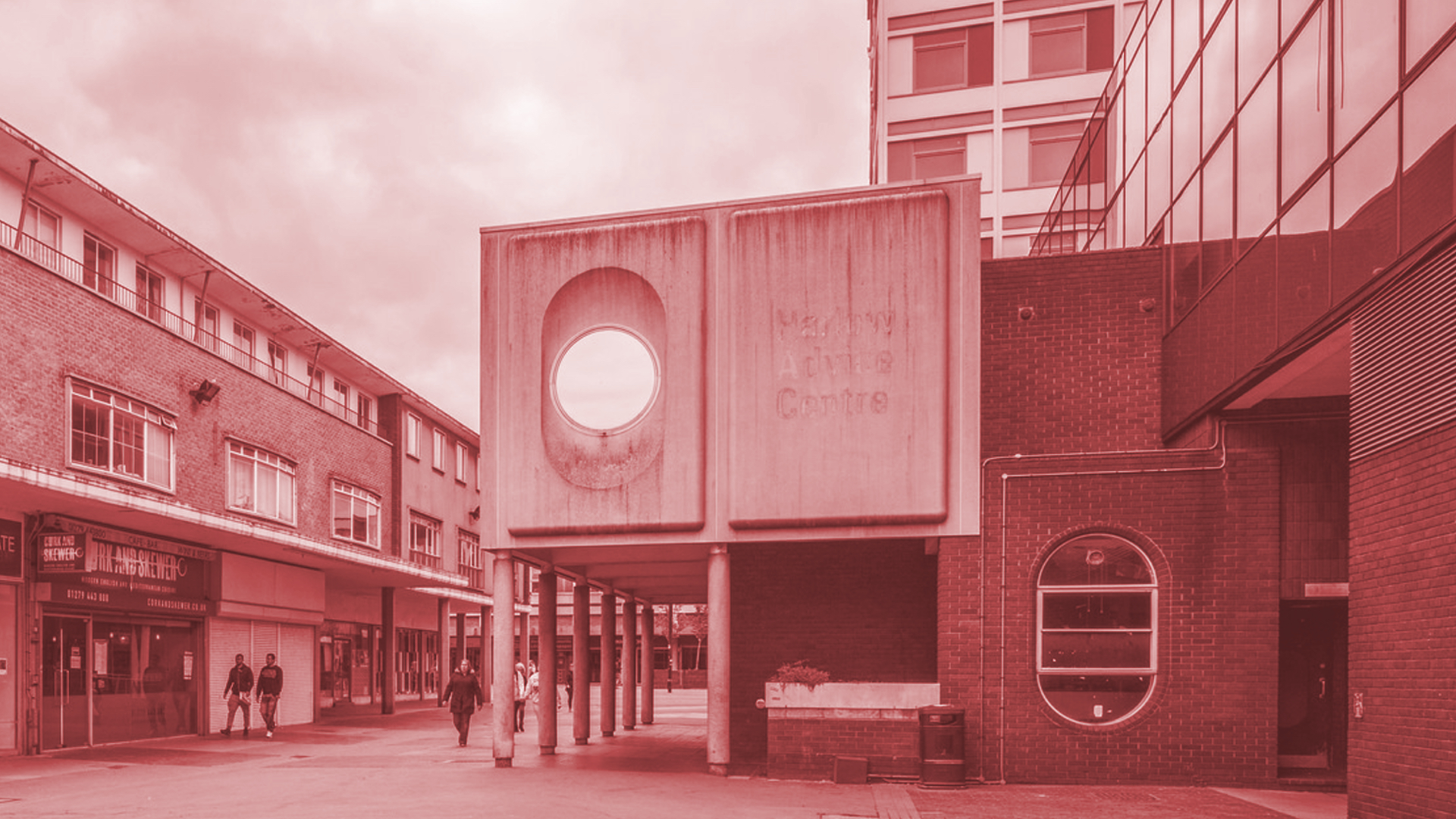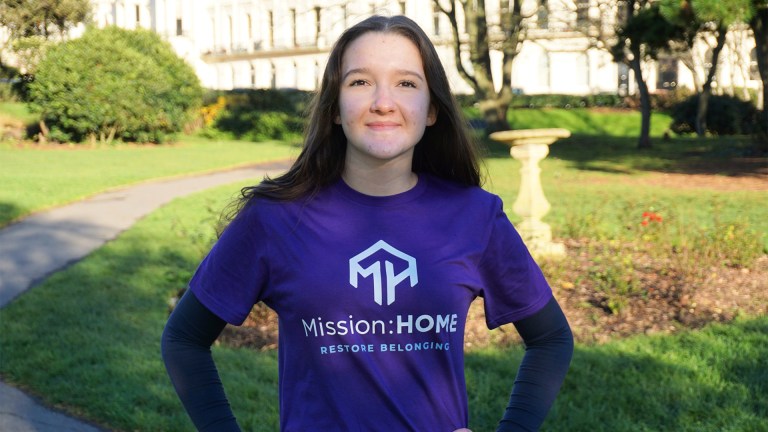The Essex town of Harlow was home to the UK’s first tower block. As one of the first of the new towns to spring up in the middle of the last century, Harlow was a post-war dream of modern housing.
Decades later, a symbol of this century’s housing crisis looms over the town centre – Terminus House.
It wasn’t built as a housing block. It’s an old office block, repurposed as accommodation, and has been described as a “human warehouse”, or as an “open prison”.
Some of those living inside turn to Jackie Brown of Harlow Advice Centre.
“People are still telling me that there’s lots of issues with drugs and violence. Most of the clients don’t like it at all,” Brown said. “It’s very hard to get them out of there.”
The help that food banks provide is perhaps obvious. But Brown and her colleagues go further, appealing against evictions, and buying time for people to deal with their debts. Without intervention, their clients stand to lose everything.









